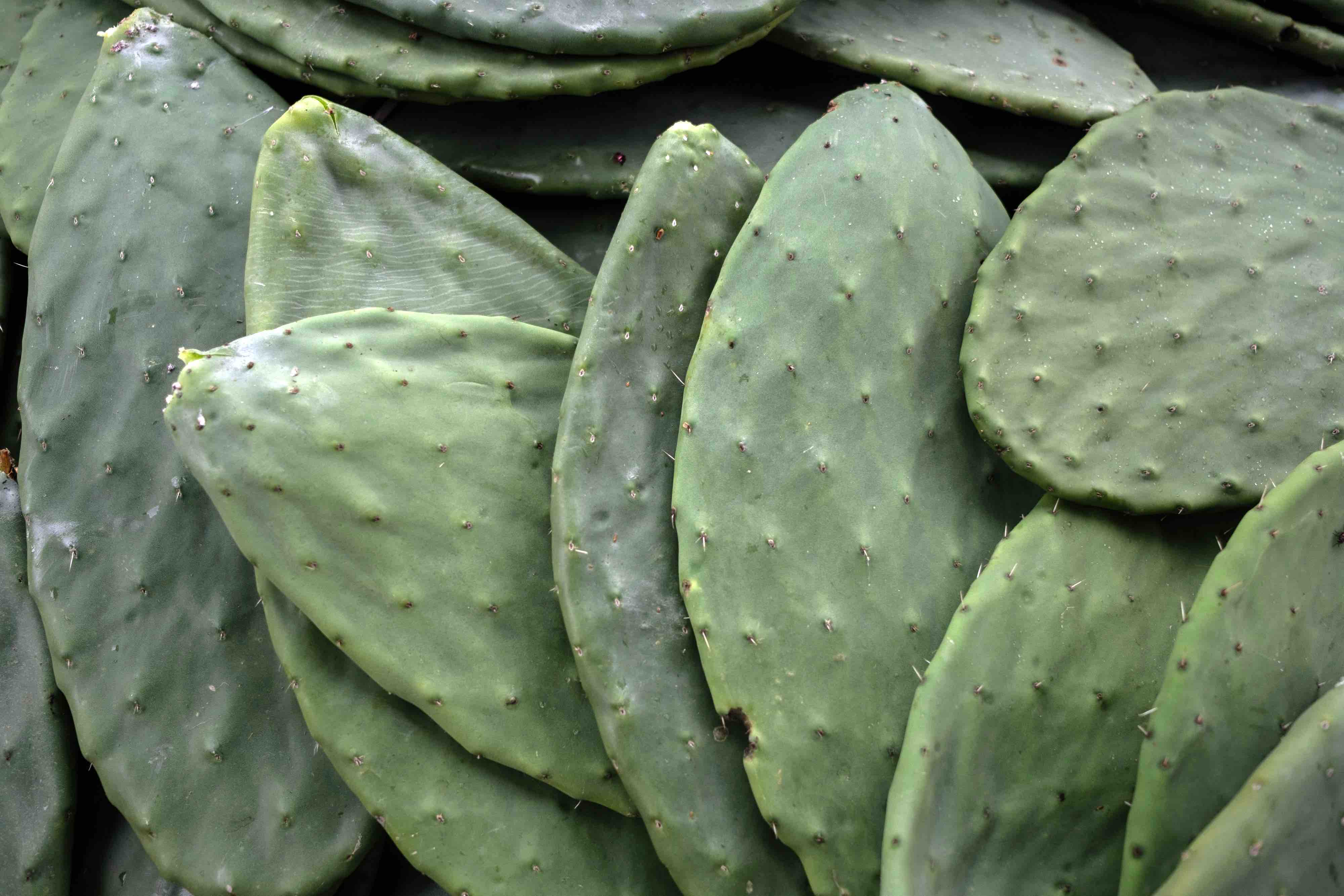As environmental issues become more prevalent, many are trying to find ways to reduce their carbon footprints. At the Universidad del Valle de Atemajac in Guadalajara, Sandra Pascoe has successfully used nopales to create biodegradable plastic.
It was a series of trial and error for Pascoe, who first started by taking small pieces of dry nopal, which she would then pulverize and mix with other ingredients. But it was too slow a process and she found that the material oxidized too quickly. Eventually, she eventually starting using the liquid inside the prickly pear and found success.
“Basically, the plastic is formed from the sugars of the liquid in the nopal,” she told Efe, adding that the viscous consistency allows for a solid material to be produced.
The formula combines the liquid with glycerin, proteins, and dyes, which are then dried over metal plates so it can form a thin layer of plastic film.
With the support of the school’s Ciencias Biológicas y Agropecuarias, she’s in the process of learning more about this product, such as how the degradation process works and if the plastic is converted into bags, how much weight it could support. So far, they’ve seen proof that the nopal-based plastic could become bags.
Learn more about her work below.
